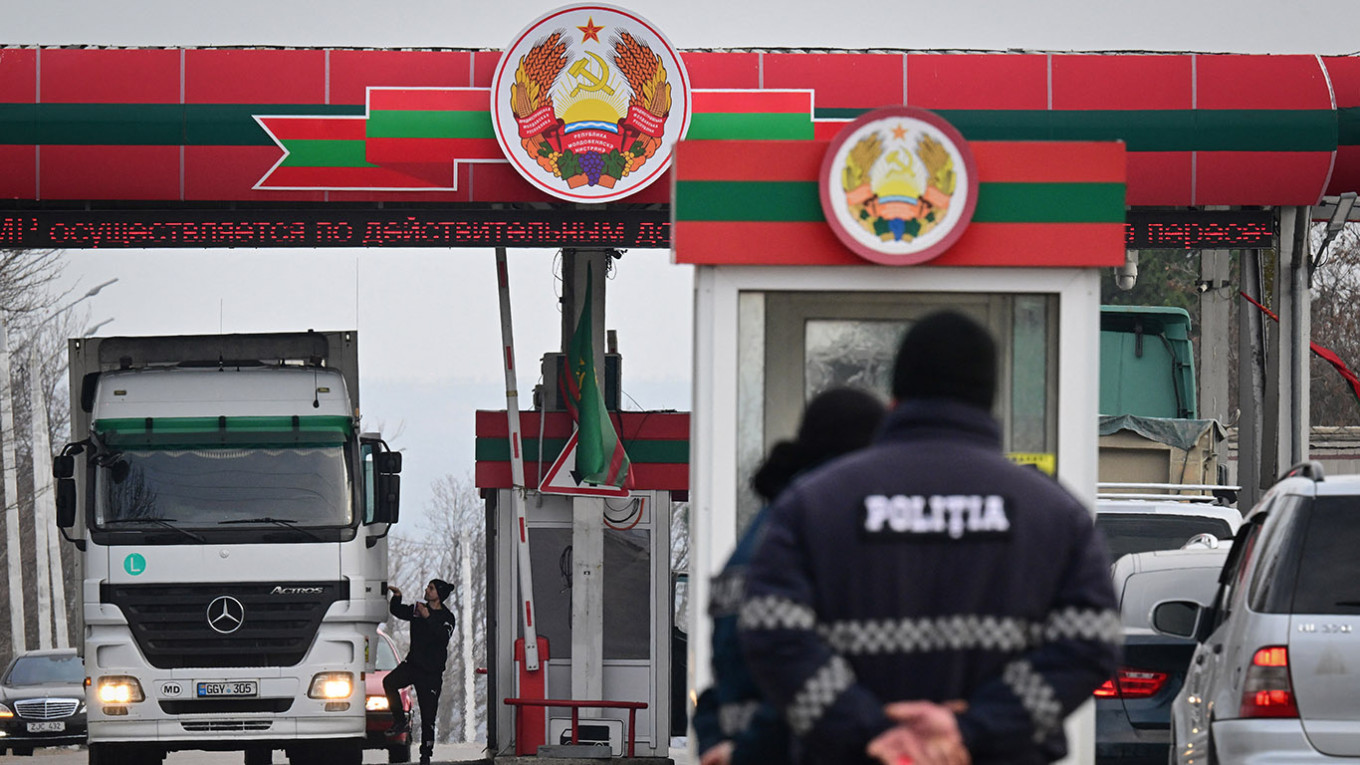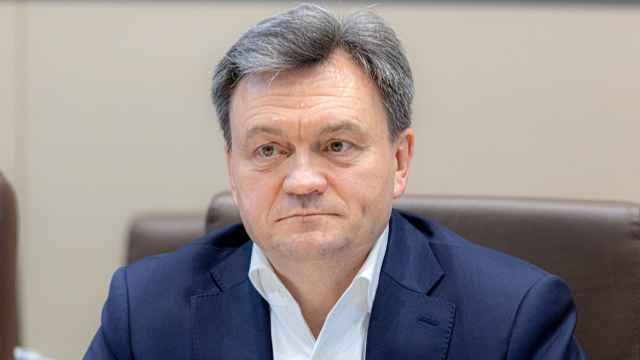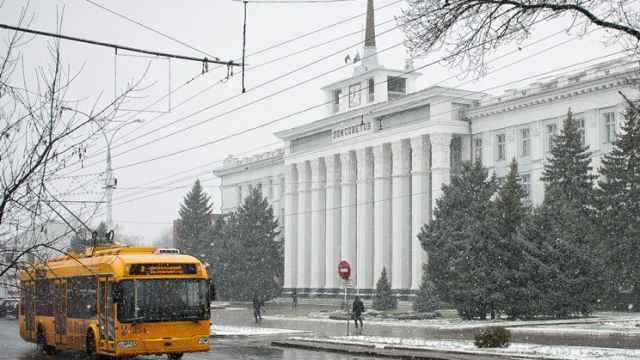Moldova’s pro-Russia breakaway region of Transnistria is grappling with an energy crisis after Russia cut off gas shipments to the country at the New Year, leaving residents without reliable gas and electricity in the middle of winter.
For residents like Raisa, a 60-year-old teacher at a Romanian language school in the Transnistrian capital Tiraspol, the crisis has brought severe hardship.
“I only have heating through an electric heater, but it provides very little warmth. If I connect more electric heaters, the meter gives out and the sockets burn up,” she told The Moscow Times. Raisa has already replaced her sockets twice this month due to overloading.
Over 51,000 households in Transnistria are currently without gas and nearly 1,500 apartment buildings lack heat or hot water, forcing many to burn wood or use electric heaters to stay warm as temperatures near freezing.
More than 200 schools and kindergartens have been forced to close while residents face up to eight hours of power cuts daily to conserve power.
Transnistria, a sliver of land home to over 450,000 people bordering Ukraine, has long relied on free gas from Russia, which also provides electricity for the region.
But Moscow turned off the taps on Jan. 1, citing unpaid debts by Moldova.
The same day, Ukraine halted Russian gas transit through its territory to Europe after its contract with Gazprom expired.
Moldova, an ally of Ukraine that is seeking closer integration with the European Union, says Russia is blowing its debts out of proportion for political reasons.
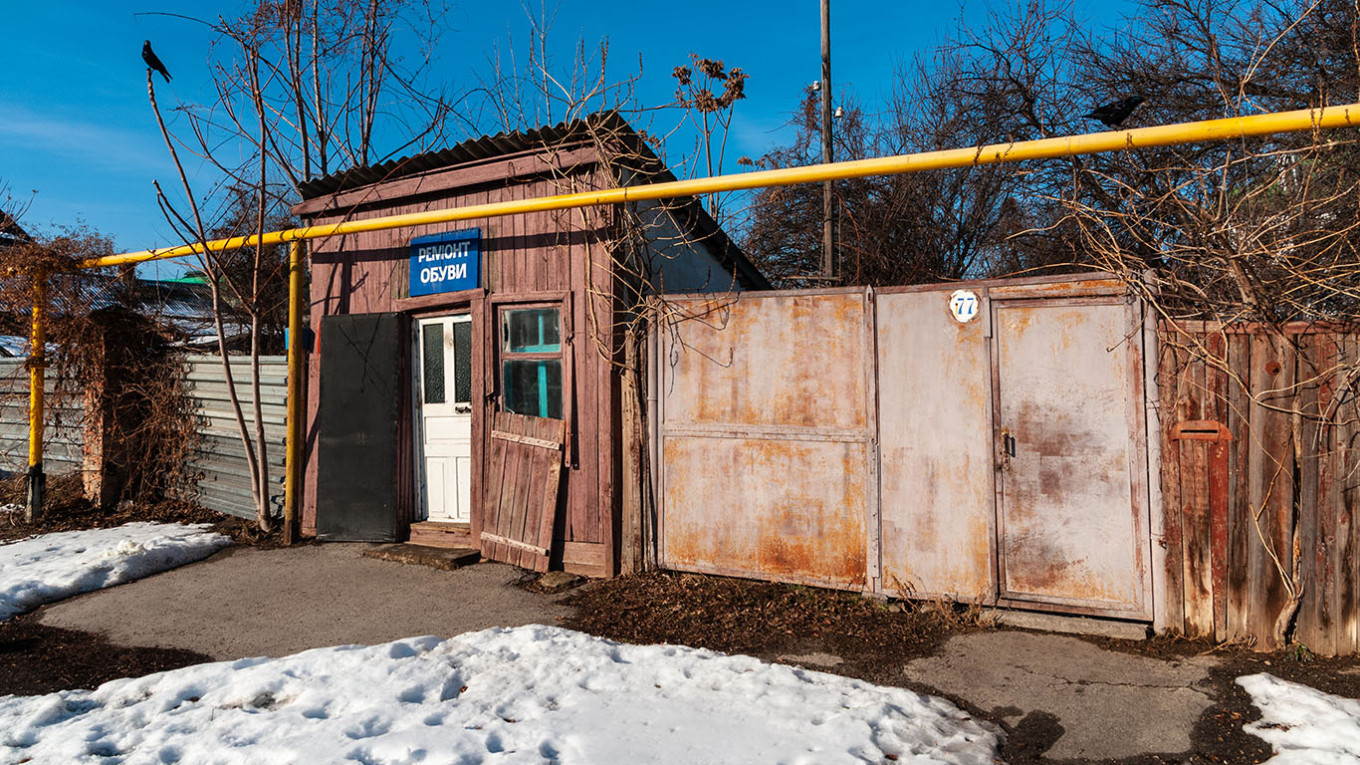
Transnistrian officials warned this week that the region has less than a month of gas reserves left and appealed to Russia for help.
Russia’s Embassy in Moldova has pinned the blame for the crisis on Moldova, saying it was caused by “the Chisinau authorities’ ignorance of numerous problems in relation with Gazprom,” as well as on Ukraine for “cynically” stopping gas flows to Transnistria.
Speaking to The Moscow Times, Moldova’s State Secretary of Energy Constantin Borosan accused Transnistrian authorities of “holding the region’s population hostage” and prioritizing politics over the well-being of its citizens.
Moldovagaz’s contract with Gazprom allows for alternative delivery routes than the traditional Ukrainian route, such as the trans-Balkan pipeline.
“For this reason, we believe the Russian Federation has violated its contractual obligations, and Chisinau will examine the possibility of pursuing international arbitration,” said Energy Secretary Borosan.
However, Kyiv has not confirmed whether it would permit gas to travel through the trans-Balkan route, as part of the pipeline runs through Ukrainian territory.
Until now, any money paid by Transnistrian residents for gas went not to Gazprom, but back into Transnistria’s budget. Chisinau, meanwhile, footed the region’s energy bill.
Russia cut off gas supplies over what it said was a $709 million debt Moldova owed to Gazprom. Chisinau says the debt amounts to just $8.6 million.
The surge in demand for electricity since Jan. 1 has overwhelmed the Cuciurgan power plant, Moldova’s largest facility. The plant, located in Transnistrian territory, now operates at a reduced capacity of 150 MW. Residents of the region have been forced to meet the new year with rolling blackouts from 12:00-16:00, and 20:00-00:00.
Raisa, who is undergoing cancer treatment, is at particular risk due to the lack of heating and electricity.
“We are waiting for the issue to be resolved as soon as possible. Everything depends on what Moscow dictates, as the leaders of Transnistria only obey the Kremlin,” she said.
Chisinau stopped receiving gas from Gazprom, diversifying to European markets following Moscow’s 2022 invasion of Ukraine.
However, Moldova continued to partially rely on electricity from the Cuciurgan power plant in Transnistria. With this option no longer viable, Moldova now sources electricity from Romania, leading to higher tariffs.
The greater costs could prove unpopular in Moldova, Europe’s poorest country, where citizens are already struggling with steep inflation. In the past week alone, energy prices in the country have increased by 75%.
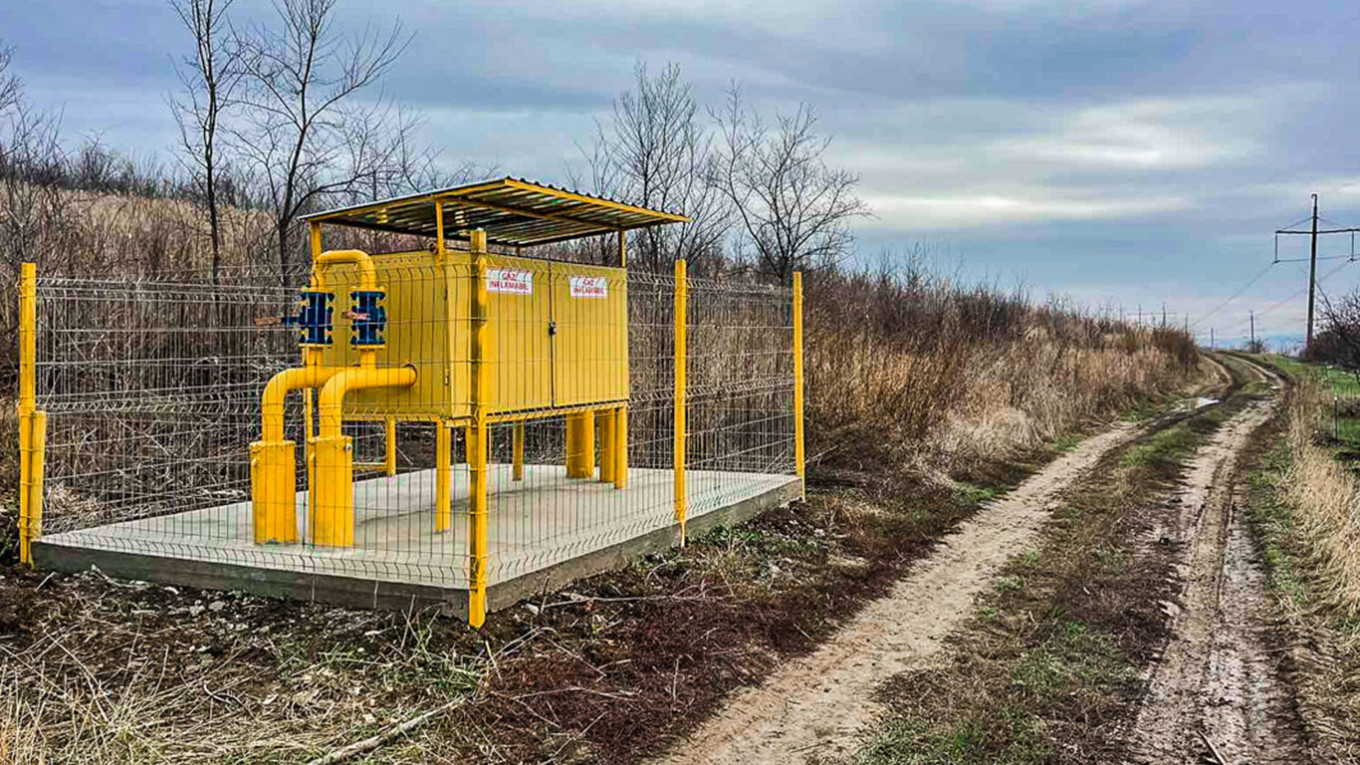
“Russia likely seeks to present the ongoing energy crisis as a direct result of Ukraine’s actions, after which the promise of cheaper Russian gas could boost support for pro-Russian political forces in Moldova,” geopolitical analyst Alexander Lord told The Moscow Times, pointing to Moldova’s upcoming parliamentary elections.
Yet he described Moscow’s strategy as “risky,” noting that halting gas supplies “will only reinforce Chisinau's determination to diversify away from Russia and integrate into the EU's energy system.”
Chisinau says it has offered humanitarian aid to Transnistria, including help sourcing gas from European markets.
Transnistrian leader Vadim Krasnoselsky dismissed these claims as “lies,” saying “Transnistria has not received any specific forms of assistance or adequate practical support to address the current energy crisis.”
A Moldovan government spokesperson countered that Transnistrian officials rejected a Dec. 11 letter proposing joint solutions and accused Chisinau of “interference in internal affairs.”
In a meeting with Moldovan President Maia Sandu this week, Ukrainian President Volodymyr Zelensky promised to assist Transnistria with provisions of coal instead of gas to prevent a worsening humanitarian crisis. He called Russia’s actions an “attempt to manipulate energy resources against the authorities in Moldova.”
For Transnistria, which has maintained a staunchly pro-Moscow stance throughout Russia’s full-scale invasion of Ukraine, accepting help from Kyiv could weaken Russia’s influence on the region.
Moldovan Prime Minister Dorin Recean has warned of the risk of nationwide power outages if the crisis escalates.
“This proves once again that the leaders in Tiraspol do not think about the consequences on the ordinary population,” Tiraspol resident Raisa said. “For now, the weather is on our side and the temperature in the house is bearable, but if it drops below zero, I don’t know how we will manage.”
A Message from The Moscow Times:
Dear readers,
We are facing unprecedented challenges. Russia's Prosecutor General's Office has designated The Moscow Times as an "undesirable" organization, criminalizing our work and putting our staff at risk of prosecution. This follows our earlier unjust labeling as a "foreign agent."
These actions are direct attempts to silence independent journalism in Russia. The authorities claim our work "discredits the decisions of the Russian leadership." We see things differently: we strive to provide accurate, unbiased reporting on Russia.
We, the journalists of The Moscow Times, refuse to be silenced. But to continue our work, we need your help.
Your support, no matter how small, makes a world of difference. If you can, please support us monthly starting from just $2. It's quick to set up, and every contribution makes a significant impact.
By supporting The Moscow Times, you're defending open, independent journalism in the face of repression. Thank you for standing with us.
Remind me later.


